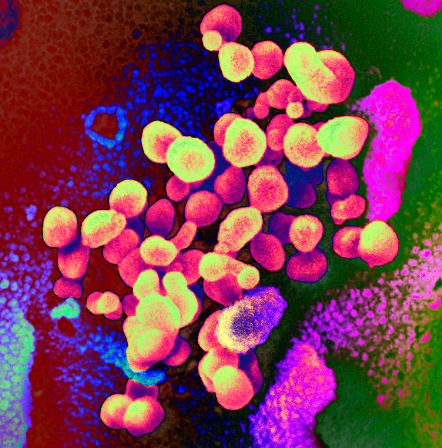Study warns of variant risk
 A new study suggests a high COVID-19 vaccination rate could increase the risk of new variants emerging.
A new study suggests a high COVID-19 vaccination rate could increase the risk of new variants emerging.
The European research says authorities should be careful about allowing people too much freedom when vaccination rates rise.
There has been a lot of talk in Australia recently about what level of vaccination would allow people to live without as many restrictions. Government leaders have been promoting COVID-19 vaccination by suggesting that as the vaccination rate rises, the need for other measures to fight COVID-19 will fall.
The new study shows that a fast rate of vaccination decreases the probability that a resistant strain may emerge.
However, the model also showed that if relaxation of non-pharmaceutical interventions (lockdowns, mask-wearing etc.) happens at a time when most individuals in the population had already been vaccinated, the probability of emergence of a resistant strain greatly increases.
The authors suggest that this may be due to a growth advantage of the resistant strain over the original strain (wild-type) in the presence of vaccines.
The authors also found that in scenarios when the resistant strain became established, it initially emerged around the time when 60 per cent of the population had been vaccinated.
The authors recommend targeted non-pharmaceutical measures be maintained to reduce virus transmission rates right up to the end of vaccination campaigns, and allow emergent resistant strains to naturally become extinct.
“As vaccination delays in some countries may make the global emergence of a vaccine-resistant strain more likely, a truly global vaccination effort is necessary to reduce the chances of a global spread of a resistant strain,” the authors conclude.








 Print
Print